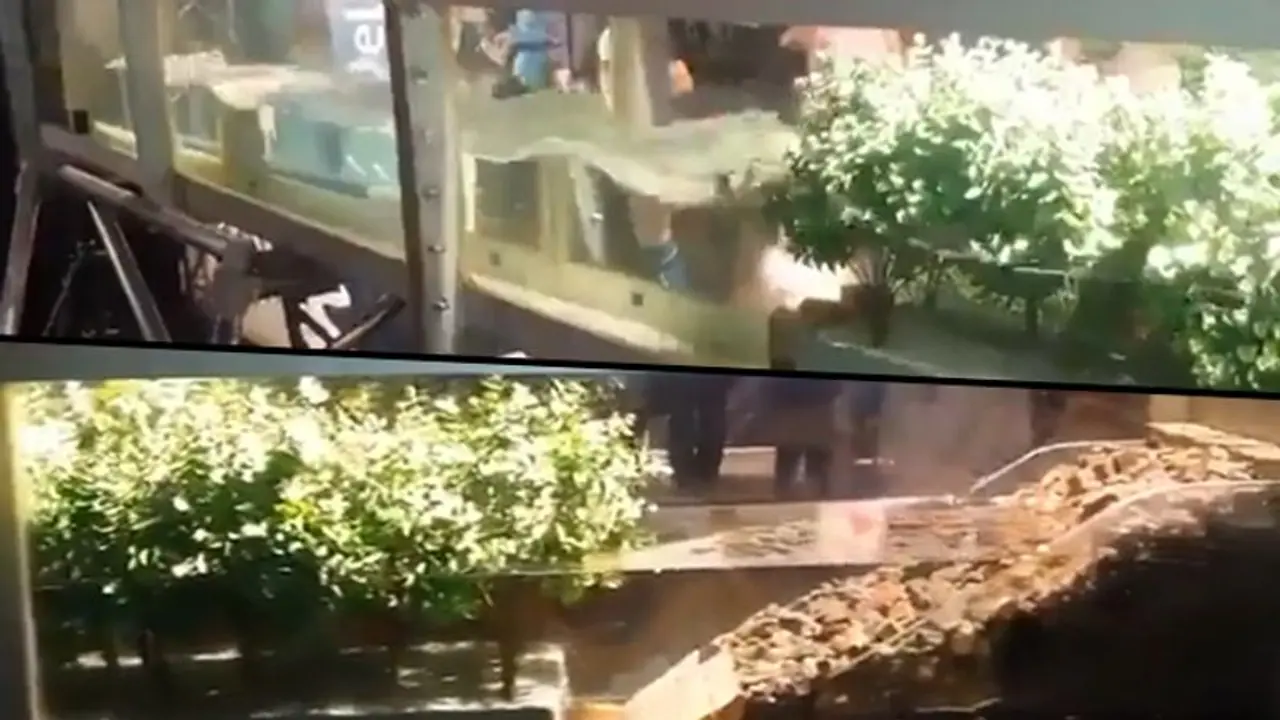A video shared by IFS officer Parveen Kaswan explains why mangroves are essential to protect the land during a tsunami and cyclones and the necessity of protecting it.
We all know that mangroves play a significant role in keeping the ecological balance of our planet earth. However, mangroves have been reducing, all thanks to development. On social media, we can see numerous environmentalists' posts spreading awareness on the issue and educating people about the significance of trees that grow at the edge of water bodies. Indian Forest Service (IFS) officer Parveen Kaswan shared one video explaining how mangroves save the ground during natural disasters like tsunamis or cyclones.

Sharing the video on his Twitter handle, Parveen Kaswan wrote, "Mangroves are natures own disaster manager." Also mentioned that the video helps us understand how Mangroves protect us from various natural disasters.
The 13-second video shows a working model of how mangroves protect the ground from tsunamis, cyclones and storms. Parveen Kaswan also shared many pictures of the model in reply to his post and described how the mangrove ecosystem gives habitat to countless wildlife species.
Mangroves prevent flooding and function as a wall of defence, mainly in coastal areas. Destruction of mangroves can lead to vulnerability to natural disasters. The acute ecology of mangroves in India is under constant threat of encroachment. The mangroves play a considerable role in saving the land from high waves and storms.
After being shared online, the video accumulated over 448K views and 15K likes. Social media users found the video informative and started the debate in the comments section. A user wrote, "ya there are 24 species of mangroves in Indian Sundarbans, belonging to nine families." Another person commented, "Wherever mangroves are destroyed there is a marked increase in flooding incidents." Take a look.
Also Read: Man catches snake and wrongly tosses on other people swimming in lake; find out what happens next
